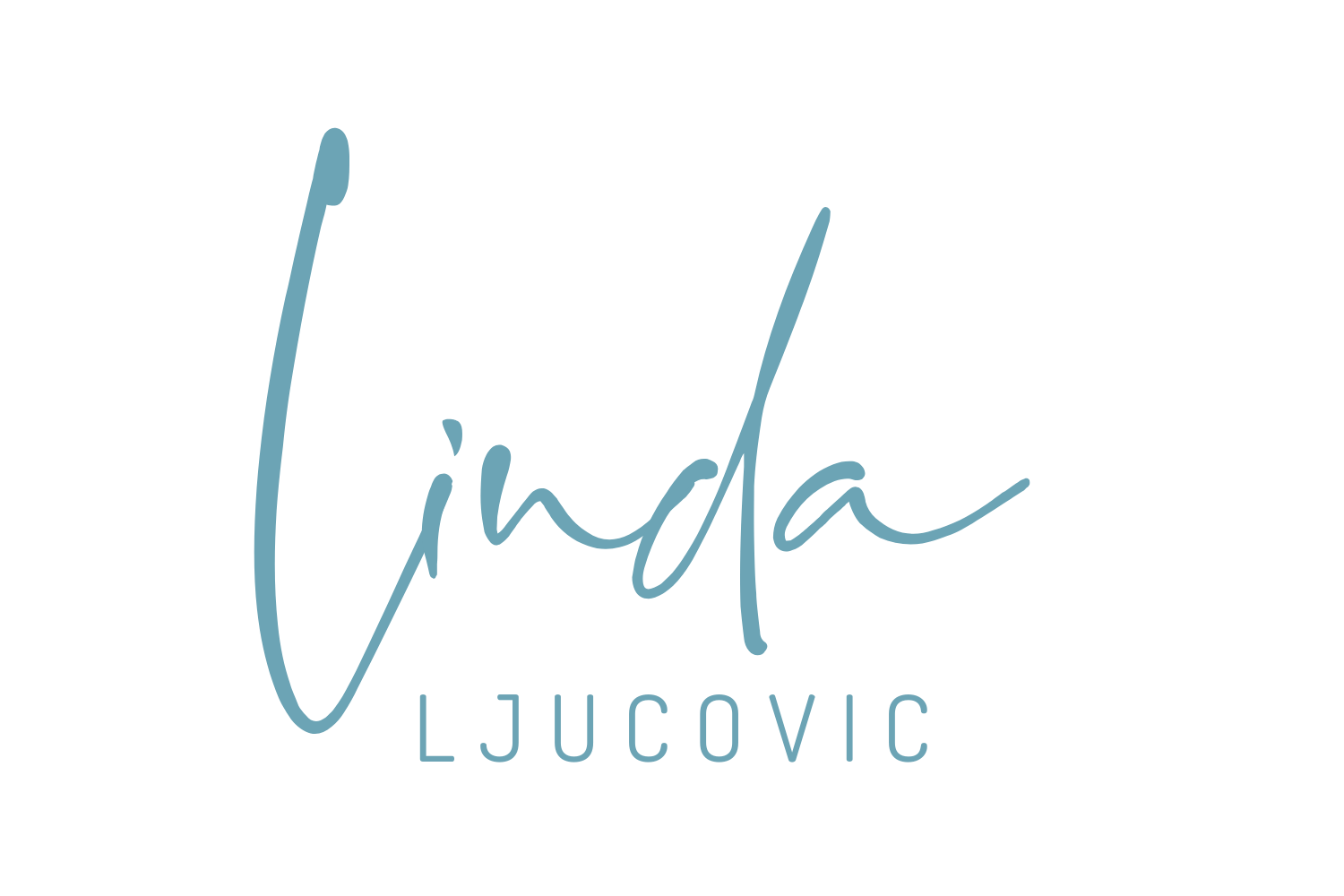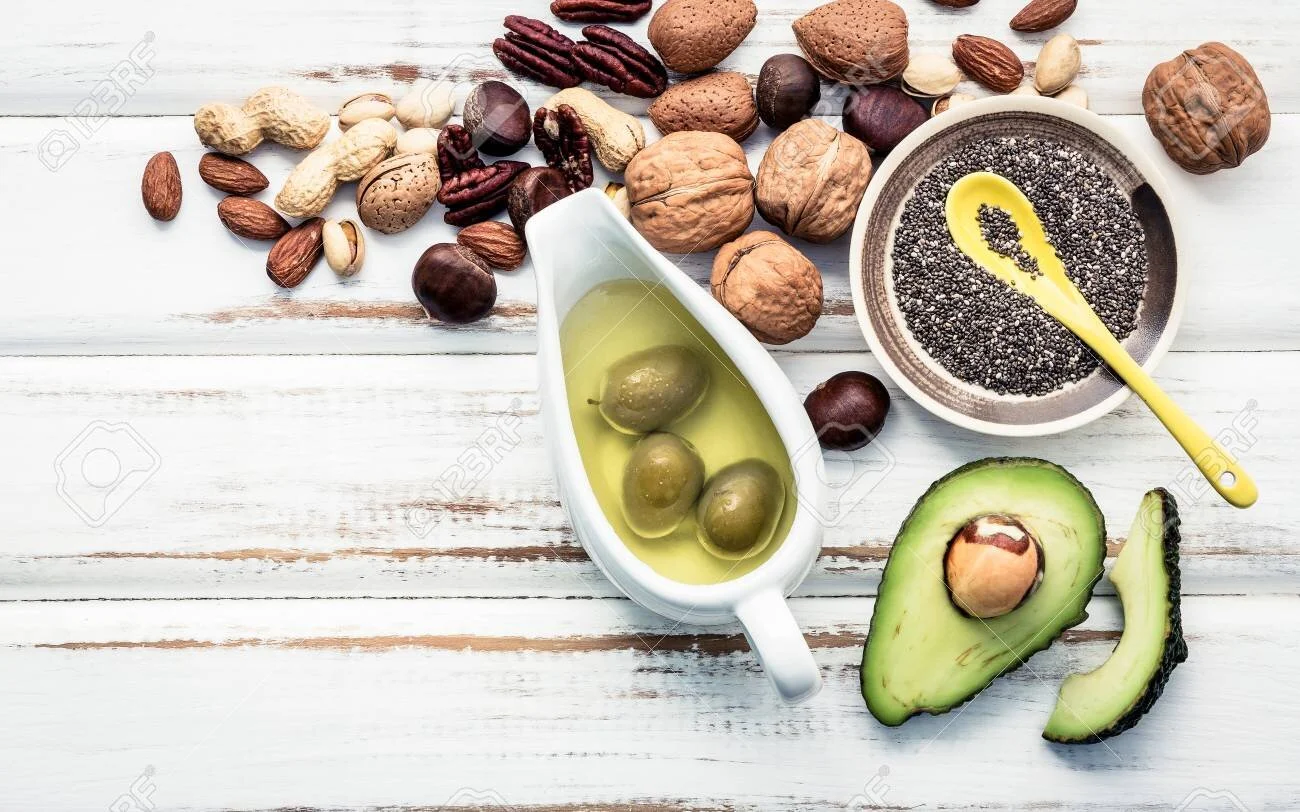7 Tips to a Healthy Brain
Do you find yourself in a room only to realize that you’ve forgotten why you went there? Or maybe you feel as if your foggy brain is getting in the way of fully enjoying life? Just because you are getting older….this is NOT NORMAL! Expect more and you will achieve or receive more.
Read on for a great place to start in improving your brain!
Limit Red Meat:
Some people need red meet in their diet, according to the Blood Type Diet, so I don't believe you have to avoid red meat altogether. However, the red meat you find on the store shelves is not what it used to be and the fats are not in the correct balance. So select 'grass-fed' red meat, so that you are getting the healthiest version out there. And, choose nuts, seeds and fish more often and try to incorporate some vegetarian meals into your weekly menu. We just started ordering our meat and eggs from Wild Meadows Farm. You can find other local farms offering cleaner meats with a simple google search.
Get Your Omega 3s:
Eating wild salmon, cod, haddock, or halibut, 3 times a week is a great way to get omega 3s. However, many health practitioners believe that supplementing with omega 3 fatty acids is a good choice. Why?
a) we don't generally eat enough fish each week
b) fish is often farmed, meaning the fish are eating unnatural foods and their fat ratios are out of whack
c) fish hold toxins so we may be getting more toxins that we can handle.
Check out our supplement store at Balance Point Health Centre. We sell thoroughly tested omega 3's that will not contain any harmful toxins.
Or, read this blog on Boosting Your Brain with supplementation.
Eat More Fruits and Veggies:
Load your plate with veggies and fruits. We know this! Fruits and veggies help to keep inflammation down, including inflammation in the brain. Veggies are chock-full of antioxidants and vitamins that fight oxidative stress and brain damage. For example, flavonoid antioxidant foods show promise for managing symptoms of various anxiety disorders, neuropsychiatric and neurodegenerative diseases, according to Dr. Axe. Focus on the reds and purples like blueberries!
Exercise:
According to Harvard Health, "exercise helps memory and thinking through both direct and indirect means". Exercise can reduce insulin resistance, reduce inflammation, and stimulate the release of growth factors, which are chemicals in the brain that affect the health of brain cells. It can also help with the growth of new blood vessels in the brain, increase the amount and survival of new brain cells. Indirectly, exercise improves mood and sleep, and reduces stress and anxiety. Problems in these areas frequently cause or contribute to cognitive impairment."
Meditate:
According to Forbes, a study from UCLA found that long-term meditators had better-preserved brains than non-meditators as they aged. Participants who’d been meditating for an average of 20 years had more grey matter volume throughout the brain — although older meditators still had some volume loss compared to younger meditators, it wasn’t as pronounced as the non-meditators. Meditation doesn't have to be time consuming. Pick something you do every day...like walking up stairs, and decide that you will breathe deeply as you go up and down stairs, staying in the present, paying attention to the feeling in your feet and notice your breathe. Doing this daily will ensure your brain gets the rest it needs. Here is a short video I recorded showing you some simple ways to increase mindfulness which takes you one step closer to meditation.
Balance Your Blood Sugar Levels:
Ditch the sugar and high carbohydrate foods to ensure your blood sugar levels stay balanced throughout the day." If you need help keeping blood sugar balanced, check out our resource for grain and sugar free breakfasts and lunches! You will learn just how powerful this simple change can be.
“We found an association between higher HbA1c levels and many different measures of cognitive function, even across these low ranges of blood sugar elevation,”
This indicates that thinking and memory function are progressively worse as blood sugar levels go up in people with cardiovascular disease. The trend continues from normal blood sugars to HbA1c levels of 8.0% and higher
So get those HbA1c levels checked and keep your blood sugar balanced!
Use essential oils.
In tune, a proprietary blend developed by doTerra, has been formulated to help with focus, the key to learning. Frankincense is also being tested by John Hopkins Teaching hospital for it's ability to cross the blood brain barrier and address inflammation in the brain.
Rosemary Essential oil has also been found to support brain function. Click here for more information on Essential oils.
Linda Ljucovic, Registered Holistic Nutritionist, Oakville
Read More Here:
The Power of ProbioticsBlood Sugar Balancing Banana BreadHelping Our Kids Stay BalancedTop 5 Oils and Snacks for Back to School


